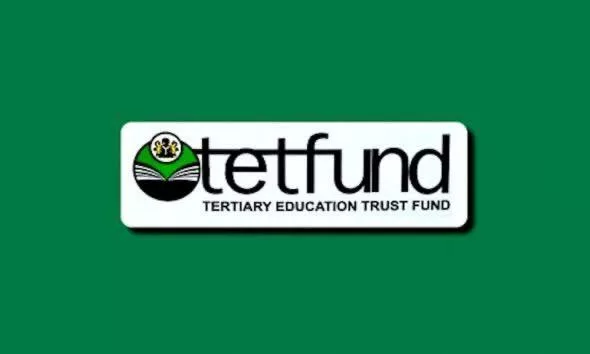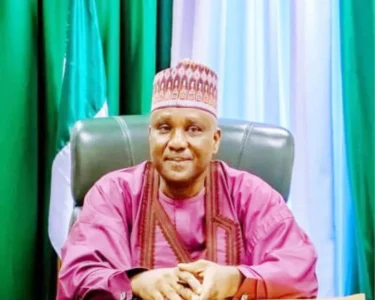Digital literacy is now a crucial skill globally, enabling individuals to communicate, learn, work, and engage in modern society. In Nigeria, the drive to equip citizens with these skills is vital for education, employment, and national economic growth.
The Tertiary Education Trust Fund (TETFund) has joined the effort by launching a committee dedicated to advancing digital literacy and skills development in the country. The initiative supports the Nigerian government’s goal of achieving 95% literacy by 2030.
Committee Inauguration
Led by Emeritus Professor Olugbemiro Jegede of the National Open University of Nigeria (NOUN), the committee includes members from academia, the National Information Technology Development Agency (NITDA), ICT consultants, and TETFund directors.
The team is tasked with creating a policy and action plan for integrating digital literacy into Nigeria’s higher education institutions. This includes developing standards and frameworks that align with global best practices to prepare students and the workforce for evolving technologies.
Embracing the Digital Era
Speaking at the inauguration, TETFund Executive Secretary Sonny Echono stressed the importance of digital literacy for success in today’s technology-driven world. He noted that most Nigerians, regardless of their profession, require basic technological skills to thrive in the modern economy.
“The proficiency in digital literacy is no longer an option; it is a prerequisite,” he said. Echono also highlighted existing government policies, such as the National Broadband Plan, which aims for 95% digital literacy by 2030.
Goals and Benefits
The committee’s work will include:
- Developing digital literacy curricula for tertiary institutions.
- Setting yearly digital literacy targets.
- Digitalising academic records and repositories to improve access and reduce fraud.
- Creating a database for locally produced theses.
Echono emphasised that the initiative would benefit students and institutions, enabling them to leverage digital tools for productivity and innovation.
Stakeholder Support
Professor Jegede, the committee chair, commended TETFund’s commitment, calling the initiative “epoch-making” and promising a robust roadmap to achieve its objectives. Other members, including Professor Musa Ahmed of the Federal University of Agriculture, Zuru, praised TETFund for its leadership and pledged their support.
With this initiative, TETFund aims to position Nigeria’s education system to meet global standards in digital literacy, paving the way for a skilled and competitive workforce.




